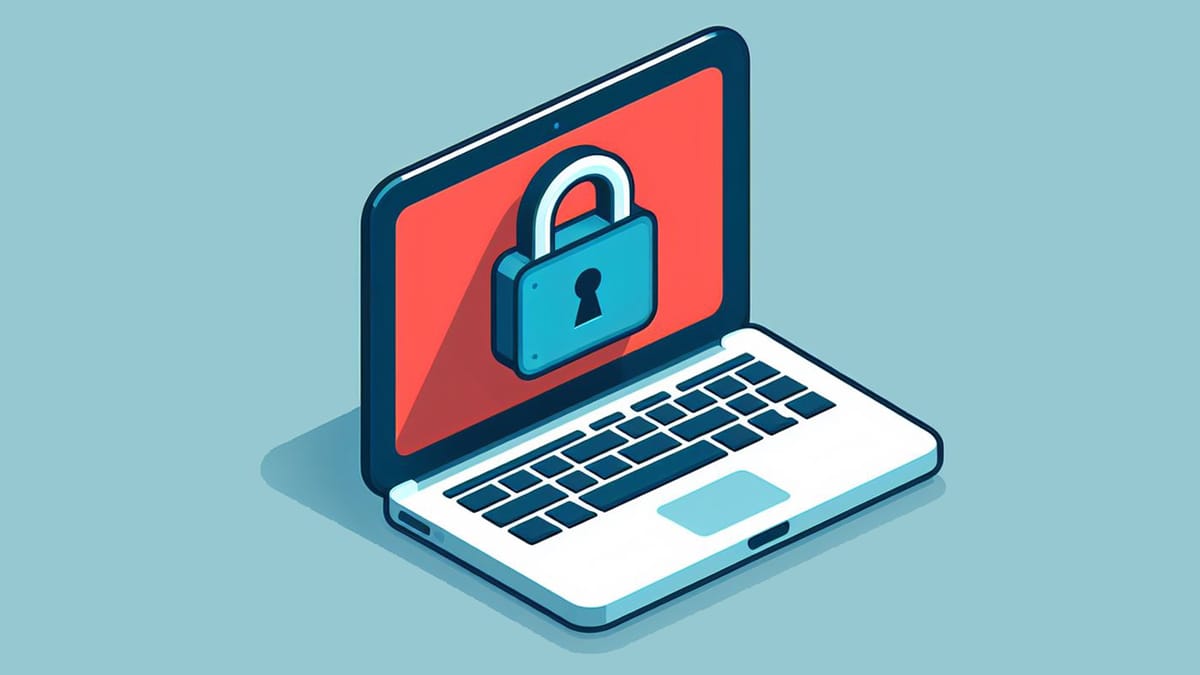- cross-posted to:
- technology@lemmy.ml
- cross-posted to:
- technology@lemmy.ml
The title should be “You should understand what a VPN is for, before using one.”
I know exactly how litigious Funimation is. I absolutely need a VPN. :D
Clearly whoever wrote this has not tried torrenting popular content 🤨
Just use any old proxy either paid for in cash in the mail, or in a country that absolutely won’t cooperate with yours legally when you need it.
Your VPN will absolutely fold under the slightest legal pressure.
Some of them don’t even log the data required to cooperate with requests. Mullvad is one.
IVPN is another
Another good use for VPN is to counter dynamic pricing. My wife visited a website some time ago to request the price for a ticket. When she visited the website a second time the price had increased considerably. However when visiting the price with VPN it was the original price again. It saved her a lot of money.
You can also get around this by using a non-airline owned travel metasearch engine like Kayak.
Another reason to use a VPN is that ISPs have every motive to sell your browsing data and they do. Unlike many other groups tracking you, your ISP inherently has your meatspace name, address, and payment information making their data easily collatable and very valuable.
If you use the default DNS on their provided router they can even tell if someone purchased an XBox, Playstation, or any other smart device just from update and telemetry lookups.
As the article says, by using a VPN youre using someone else’s ISP making that info worthless.
If your threat model includes preventing ad networks from gathering data, a VPN absolutely is a tool to prevent that. Do you have to pay for a service? Probably not if you’re technical enough; a VM in a data center is probably sufficient.
VM in a data center is probably sufficient.
Um, those aren’t cost-free.
Oracle Cloud has a free tier and this video shows you how to set up your own VPN there. I wouldn’t really recommend this as a free VPN solution though. If you need something that’s free, go with Proton VPN’s free tier, Proton is pretty trustworthy and they are very upfront about their business model…
ISPs have every motive to sell your browsing data and they do
That sounds very illegal under the GDPR
Oh, if us in America were as privacy minded as the EU. People here gladly hand over every bit of data about themselves either to feel safer or just to save 10 cents on groceries.
Direct report from the FTC. ISPs are DIGGING into your web behavior. https://www.ftc.gov/reports/look-what-isps-know-about-you-examining-privacy-practices-six-major-internet-service-providers
Yep. BIG deficiency in this article. I don’t use a VPN because of shadowy “hackers” who sit in front of their keyboards with a pistol and a balaclava. I use it because ISPs and governments have demonstrated they can’t be trusted.
How about this?
I live in the United States, where I already have no digital privacy, and tunneling my internet traffic through a VPN owned and operated in another country won’t meaningfully improve my privacy or safety
Uh, what? If someone wants my traffic logs in the US, now they have to go through Mullvad, which has a track record of not providing or collecting it.
They don’t even know who I am, much less have all the data that my ISP has about me. So selling it would be pretty useless
Oh last edit: turns out this is the guy who was trying to well ackshually us into thinking Chrome nerfing ad blockers is not a big deal.
Spends most of article telling you why they probably aren’t necessary.
Ends with 4 examples why they’re useful, which are the main reasons they’re used to begin with.
I feel like the opening sentences explained the reasoning behind the article sufficiently, even when there are plenty of valid use cases for them. This was mostly a response to manipulative marketing tactics:
Virtual Private Networks, or VPNs, are popular services for (supposedly) increasing your security and privacy on the internet. They are often marketed as all-encompassing security tools, and something that you absolutely need to keep hackers at bay. However, many of the selling points for VPNs are exaggerated or just outright false.
They’re not the only ones pointing this out, either. Tom Scott released a video on the topic a few years ago to explain his thoughts VPN sponsorships
Your comment in no way negates my observation. If the clickbait title of the article was “You probably don’t need a VPN to avoid market tracking” or something similar, you’d have a point.
I was simply adding information your comment had left out, it wasn’t negating information at all. So congrats on getting the point, not everyone is trying to argue 🎉
…and since then, Tom Scott took a NordVPN sponsorship. And possibly SurfShark too?
He found that it was actually useful while in countries with questionable Internet access.
Personally, I just host my own VPN, so no matter where I am, all my traffic exits from my home ISP. I figure they’re at least accountable to the same laws I am.
When to use a VPN
VPNs are not magical fixes for privacy and security on the internet. However, there are some specific situations where they are useful tools.
Network blocks and internet censorship. VPNs can help you access sites and services that are restricted by your local network or government. That’s why downloads of VPN apps in Russia skyrocketed in 2022, after the country’s invasion of Ukraine and more services became blocked. The same trend happened in Virginia and other U.S. states after they passed laws requiring photo identification for adult websites.
Piracy. Internet service providers can sometimes detect when you are pirating movies, TV shows, music, or other media and send you angry letters. You can avoid that entirely by using a VPN when you download or torrent copyrighted material. Do what you want 'cause a pirate is free… but use a VPN.
Region-locked content. This is a popular selling point for VPN companies that is actually true: VPNs can help you access online content that is officially restricted to a certain region. Switching your VPN server to a different country can change what movies and shows are available through Netflix, and UK-based VPN servers are frequently used to access BBC iPlayer content in other countries. However, this is not always reliable, as service providers will usually detect VPN servers after a while and block them.
Accessing your home network. Setting up a VPN server at home is one way to access devices on your home network (such as self-hosted security cameras, media servers, and remote desktop) without opening up more of your network to the rest of the internet.
There are other more niche use cases for VPNs, but those are the most popular ones that aren’t completely made up.
Well, that article was a hot mess.
I appreciate the authors effort and they are correct about lack of “what is VPN” articles that are not written by VPN-vendors in marketing purpose. But I’m not sure if this was it.
Writing an article meant to “debunk” misconceptions and getting two core concepts, Security and Privacy mixed up right from the start wasn’t very good.
A lot of time was spent on explaining HTTPS and how it somehow magically makes you and your data secure on the Internet and it completely missed to mention who the potential threat actors thwarted by HTTPS are?
Could have probably used a chapter on how actual threats (both security and privacy) work and how don’t have much to do with the level of encryption your TCP/IP connection happens to encapsulate.
The last chapter with the first 3 bullets was pretty good though. That could have just been the whole article and it would have been alright.
Oh well. Attempt was made.
I’m not quite paranoid enough to believe that all of these anti-VPN articles are propaganda sponsored by people who want to make mass surveillance easier, but when it’s from someone whose other recent posts include one titled “Youtube ads aren’t actually that bad” and two explaining why Google’s Manifest V3 is great, I’m at least going to suspect it as a possibility.
deleted by creator












